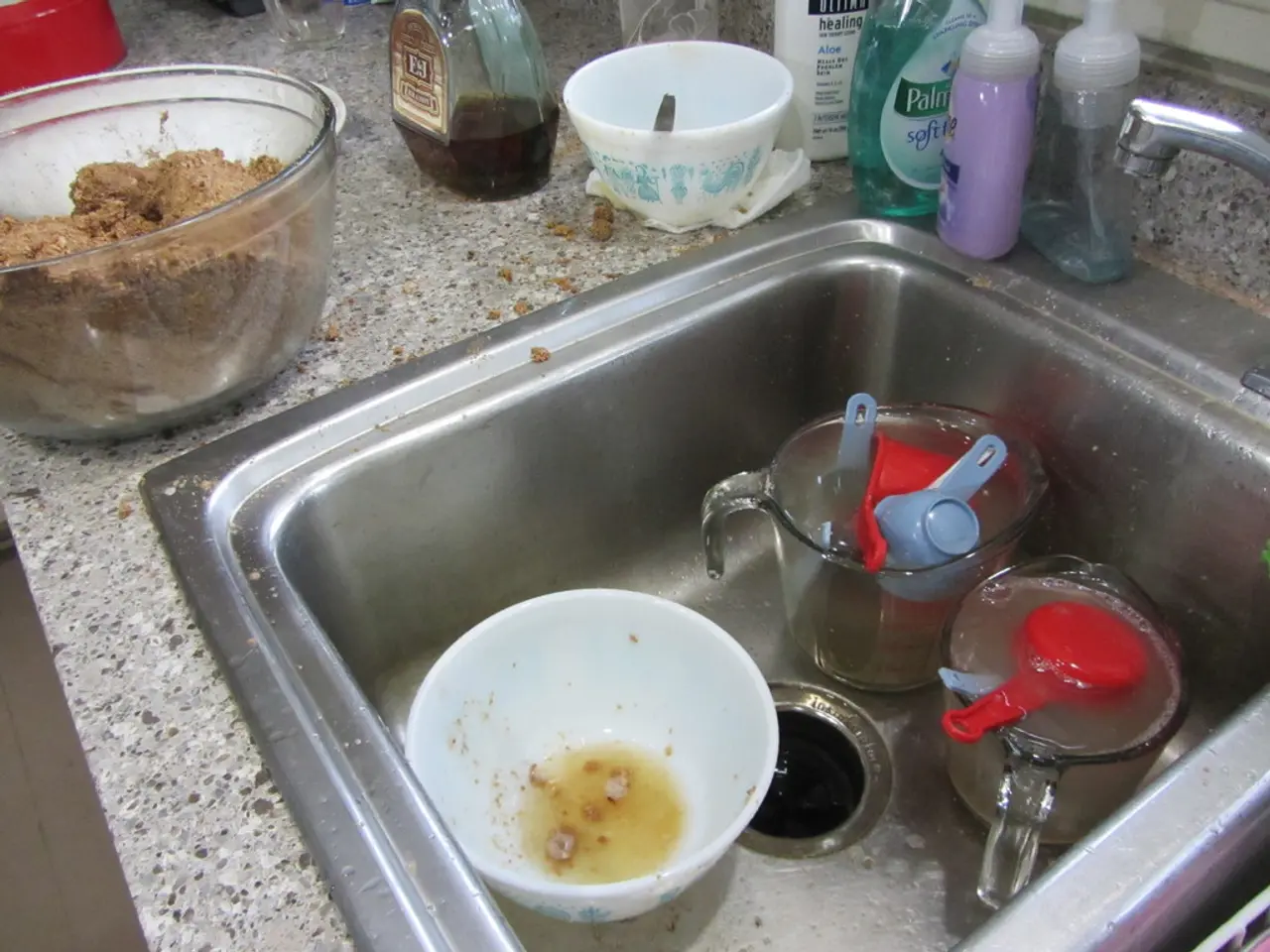Resistance to Antimicrobials: An Educational Perspective
In the heart of the Pacific, Aotearoa New Zealand is grappling with a significant issue: Antimicrobial Resistance (AMR). This rising concern is primarily fuelled by the overuse and misuse of antibiotics in human healthcare and livestock farming, leading to environmental contamination.
Antibiotics used in livestock farming find their way into the environment through farm runoff, while human pharmaceuticals and resistant microbes are discharged through outdated or unapproved wastewater treatment plants. These facilities sometimes overflow, releasing raw sewage containing drug-resistant bacteria into waterways. Climate change, by warming waters, encourages the growth and survival of resistant pathogens such as Escherichia coli and Staphylococcus aureus.
The repercussions of AMR in New Zealand are far-reaching. Annually, it costs the healthcare system approximately $226 million, claims around 330 lives, and makes infections harder to treat in both humans and animals. The environmental proliferation of these superbugs threatens ecosystem integrity and may also affect plants by disrupting essential microbial communities in soil and plants.
To combat this issue, the focus is on reducing antibiotic use in healthcare and farming, improving wastewater treatment infrastructure, enhancing monitoring and mapping of resistance hotspots, and launching public health campaigns to educate doctors, farmers, and the public on responsible antibiotic use. Addressing climate change and its impact on pathogen proliferation is also crucial.
The Ministry of Health provides resources for antibiotic awareness on its website, while the Ministry for Primary Industries offers information about AMR and antimicrobial use in plants and animals in New Zealand. Learning about AMR spans multiple learning areas, including science, mātauranga, health, social sciences, and sustainability.
The World Health Organization considers AMR as one of the top 10 global public health threats, and the New Zealand Government is taking action to reduce the risks posed by AMR. The Office of the Prime Minister's Chief Science Advisor has published a report with recommendations to help Aotearoa New Zealand unite against the threat of infectious disease and AMR.
Raising health and science literacy by learning about antibiotics and AMR can help build understanding of the links between individual action and community impact. By taking action, we can collectively work towards a healthier Aotearoa New Zealand.
- In the realm of health and wellness, mental health is equally important as physical health, and therapies and treatments like CBD could potentially play a role in addressing chronic-conditions such as chronic-kidney-disease and other mental health issues.
- Understanding medical-conditions like chronic-kidney-disease and the role of science in treating such diseases is essential for everyone, given that they are becoming increasingly common in society.
- Aotearoa New Zealand's threats extend beyond Antimicrobial Resistance (AMR), as chronic-diseases like chronic-kidney-disease also pose a significant burden on the health system, with forecasts indicating a rise in these diseases in the future.
- Health-and-wellness initiatives encompass not just physical health but also mental health; it is imperative to extend this awareness beyond antibiotics and AMR, to cover topics like the potential benefits of alternative treatments like CBD, self-care for mental-health, and other health education resources on the Ministry of Health's website.




